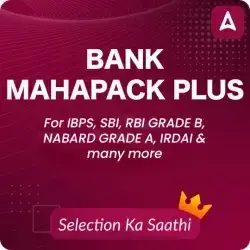The Union Bank Wealth Officer Recruitment 2025 has outlined a structured and competitive selection process aimed at shortlisting the most capable professionals. Candidates aiming to secure the prestigious post must gear up for a thorough evaluation that includes an online examination, followed by a Group Discussion and/or Personal Interview, depending on the number of applications received.
Union Bank Wealth Officer Syllabus 2025
Preparing for the Union Bank Wealth Officer Recruitment 2025 exam requires a strategic approach focusing equally on general aptitude and professional knowledge. To excel in this recruitment process, understanding the exam pattern and the Union Bank Wealth Officer Syllabus 2025 section-wise is the first step toward effective preparation. Candidates are encouraged to follow a daily schedule, practice mock tests, and revise banking and financial regulations consistently to crack the exam with confidence.
Union Bank Wealth Officer 2025 Exam Pattern
The online examination will be divided into two parts: Part I for General Aptitude and Part II for Professional Knowledge. Below is the detailed structure of the online test:
| Union Bank Wealth Officer 2025 Exam Pattern | ||||
| Part | Section | No. of Qs. | Max Marks | Duration |
| Part I | Quantitative Aptitude | 25 | 25 | 75 minutes |
| Reasoning Ability | 25 | 25 | ||
| English Language | 25 | 25 | ||
| Part II | Professional Knowledge (relevant to the post) | 75 | 150 | 75 minutes |
| Total | 150 | 225 | 150 minutes | |
Negative Marking: There is a penalty of 0.25 marks (25% of the question’s marks) for every incorrect answer marked in the online exam.
Section-Wise Syllabus for Union Bank Wealth Officer 2025
The syllabus for the Union Bank Wealth Officer 2025 is divided into 4 sections, out of which the Professional Knowledge Section carries the most weight, i.e. 150 marks.
1. Quantitative Aptitude
This section tests the candidate’s numerical problem-solving ability and comfort with basic to moderate-level mathematics. Topics include:
- Number Series
- Simplification & Approximation
- Data Interpretation (Bar Graph, Pie Chart, Table, Line Graph)
- Profit and Loss
- Simple and Compound Interest
- Time, Speed and Distance
- Time and Work
- Ratio and Proportion
- Average
- Percentage
- Mixture and Alligation
- Quadratic Equations
- Permutation and Combination
- Probability
2. Reasoning Ability
This section evaluates logical reasoning and analytical thinking. Important topics include:
- Syllogism
- Coding-Decoding
- Puzzles (Seating Arrangement, Floor Puzzle, etc.)
- Inequality
- Input-Output
- Blood Relations
- Direction Sense
- Alphanumeric Series
- Statement and Assumptions
- Statement and Conclusion
- Order and Ranking
3. English Language
This section focuses on understanding grammar, vocabulary, and reading comprehension. Key areas include:
- Reading Comprehension
- Cloze Test
- Fill in the Blanks
- Sentence Rearrangement
- Error Spotting
- Sentence Improvement
- Synonyms and Antonyms
- Idioms and Phrases
- One Word Substitution
- Active and Passive Voice
4. Professional Knowledge (Relevant to the Post)
This section is critical for Wealth Officer roles and carries the highest weightage. It assesses the domain knowledge of the candidate related to:
- Financial Planning and Investment Advisory
- Mutual Funds and Portfolio Management
- Capital Markets and Securities
- Wealth Management Strategies
- Risk Profiling of Clients
- Retirement Planning
- Taxation Basics
- Insurance Products
- Asset Allocation and Rebalancing
- Banking Products and Services
- Regulatory Framework (SEBI, RBI, IRDAI Guidelines)
- Customer Relationship Management
- NISM/IRDAI Certifications-related concepts
Union Bank Wealth Officer 2025 Selection Process
The selection process for Wealth Officer in Union Bank may include one or more of the following stages:
- Online Examination
- Group Discussion (if conducted)
- Screening of Applications
- Personal Interview
Note: The bank may adopt a combination of these stages based on the volume of applications received. The final selection will be based on merit, determined by performance in the online exam, group discussion, and interview.

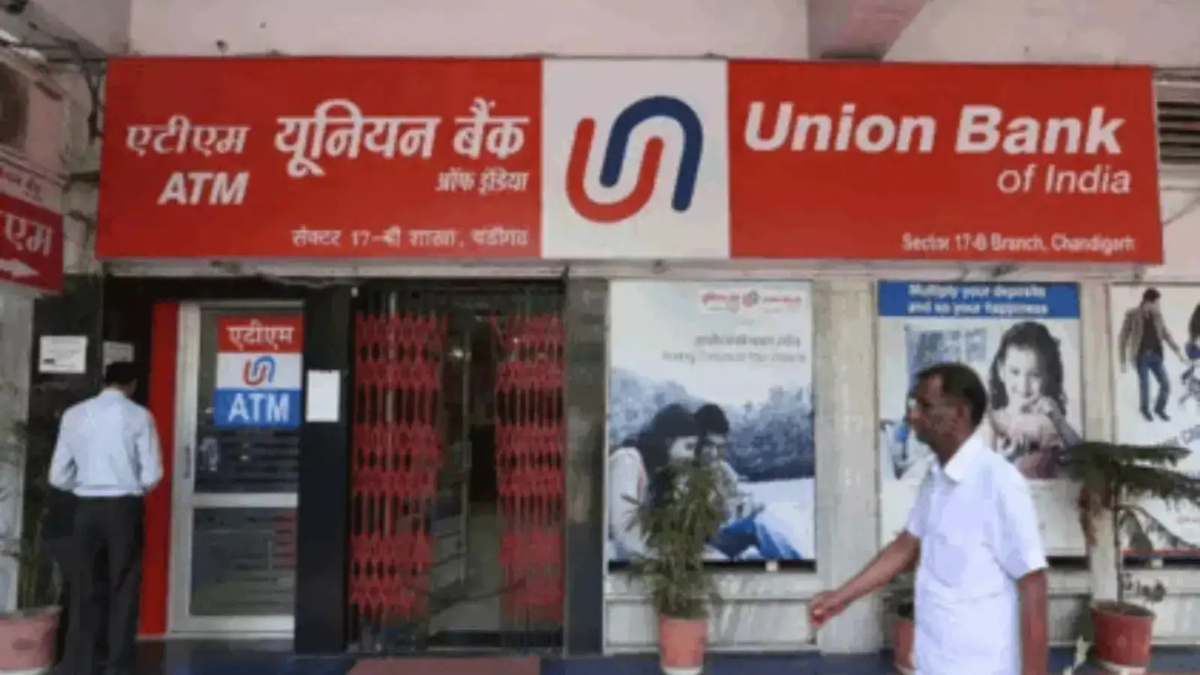
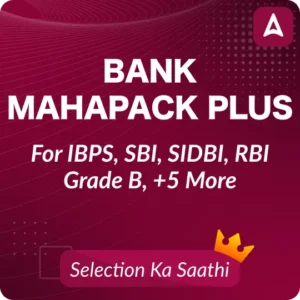
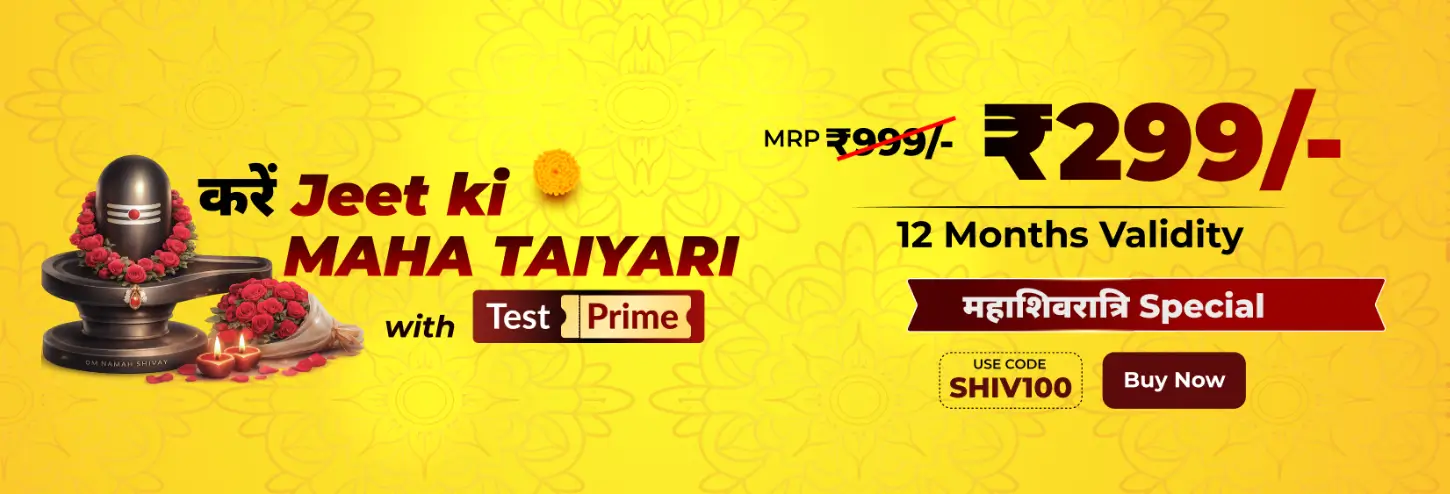
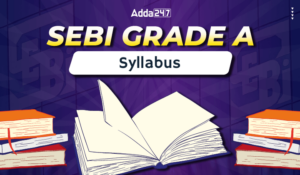 SEBI Grade A Syllabus and Exam Pattern 2...
SEBI Grade A Syllabus and Exam Pattern 2...
 NABARD Grade A Syllabus and Exam Pattern...
NABARD Grade A Syllabus and Exam Pattern...
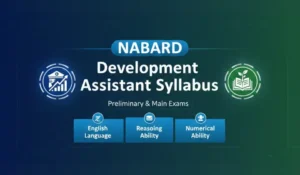 NABARD Development Assistant Syllabus 20...
NABARD Development Assistant Syllabus 20...

